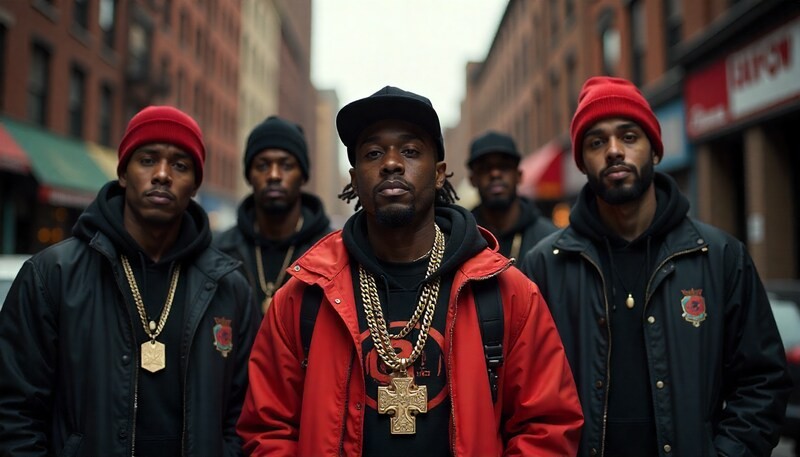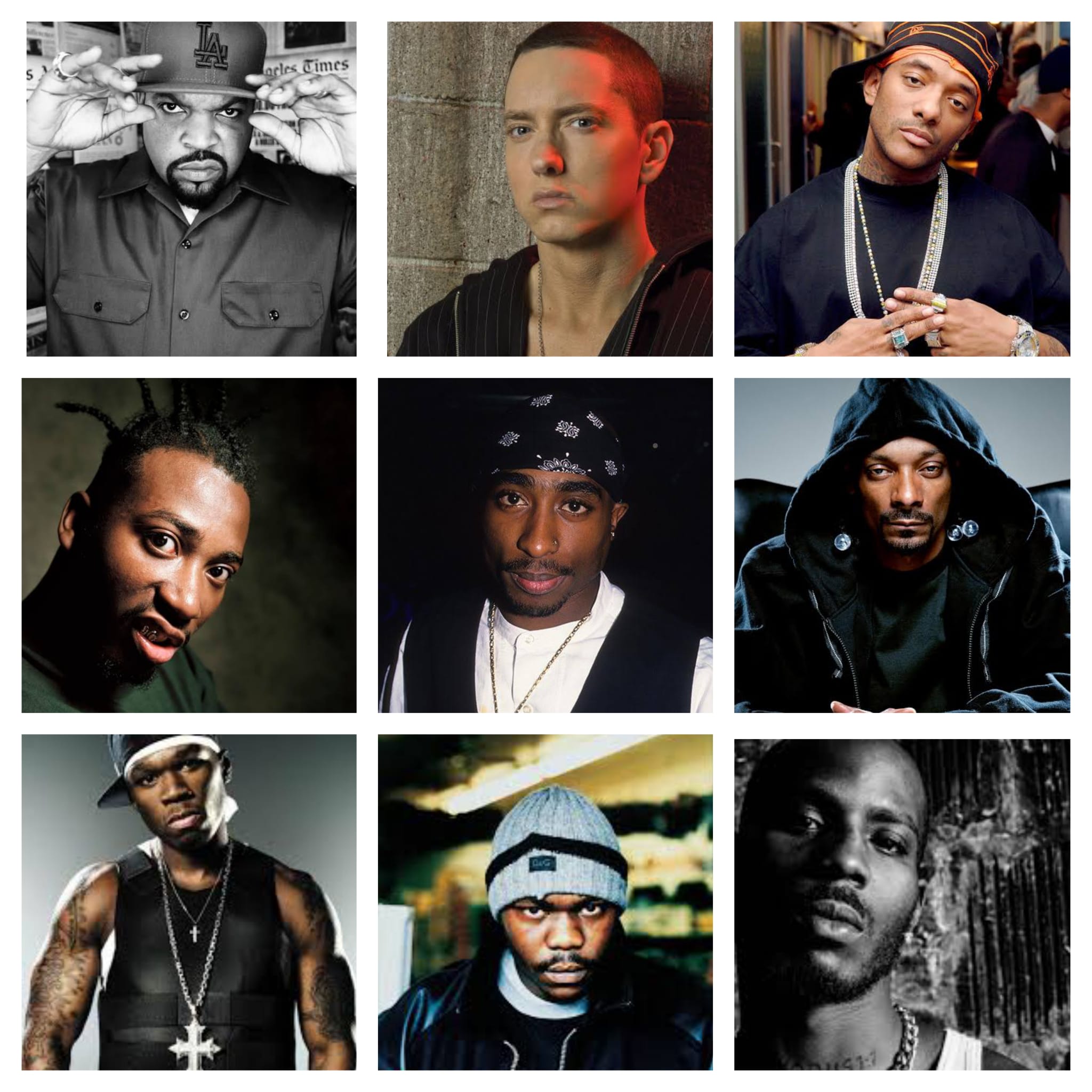
Hip Hop Revolution From Bronx Streets to Global Business
The hip hop revolution started in the ghetto’s of America, and has lead us to, a global phenomenon. Hip hop is so much more than just music-the hip hop culture has influenced art, society, and business. A study on the history of hip hop will also describe the shift in the genre from a local expression in the Bronx to a global phenomenon that influences music, fashion, and entrepreneurship.
You can think of hip hop as an entrepreneurship textbook. The hip hop revolution shaped the culture we see today. Starting a record label is almost synonymous with studying the culture. Artists, leveraging the lessons embedded by hip-hop, have built the greatest entrepreneurial careers, brands, and revenue streams.
Legendary Moments That Shaped Hip-Hop
First and foremost, the evolution of hip hop is creative and resilient. Studying the history of hip hop shows how it went from a neighborhood expression and became a worldwide cultural force:
- Origins: Emerging between the 1970s and 1980s out of the Bronx, mainly sponsored by African-American and Latino communities, to give voice to social and political issues.
- Early Pioneers: DJ Kool Herc offers the initial breaks; Grandmaster Flash added advanced cutting and scratching techniques, whereas Run-DMC went on to refine their stylistic expression and presentation.
- Interculture: Hip-hop influenced the fashion, graffiti, and dance scenes, creating a visual intercultural identity.
- Early Business Attempts: Artists were selling their music, organizing tours, and marketing merchandise, creating the prelude to a new-day kind of entrepreneurship.
These milestones reveal the transformation of hip-hop from a mere music genre into a full-fledged culture and economy, which has had a great effect on music, fashion, artists’ self-promotion, and community building.
Hip-Hop’s Business Lessons for Modern Creatives
Hip-hop music empowers individuals not simply as a form of art, but by granting them an entrepreneurial spirit at its best. This means understanding the business methods within this culture is very important when considering how to start a record label today or in the future.
- Brand Building: Hip-hop artists promote themselves in fashion, tech, and beverage ventures.
- Marketing Muscle: Using social media to create stories builds an artist’s connection with fans and global recognition.
- Revenue Sources: From sources: gigs, company music, tours, merchandise, and collaboration.
- Leadership Insight: Artists create and design strategies; they serve as models of entrepreneurial success.
From educational practices to transnational culture: hip-hop music remains the basis for business and creative entrepreneurship.
Launching Your Own Record Label
Setting up a record label requires strategy, vision, and a thorough understanding of the music industry’s intricacies. Branding would include the identity of your record label, registering your business, and building a capable artist roster. Harnessing digital platforms, very much inclusive of social media, constitutes the promotion arm of the label, ensuring it finds its audience.
Following these steps, young entrepreneurs turn their love of music into a profitable business, thus melding culture and commerce. How to start a record label with knowledge from hip-hop pioneers really comes in handy here.
Is Hip Hop Dead? Understanding the Debate
“Is Hip Hop Dead” is the great debate among theorists and fans. Some areas became commercialized, but the genre still continues with creativity, cross-continental collaborations, and entrepreneurial growth.
But hip-hop remains culturally relevant with respect to social issues, personal experience, and movements within communities. It’s spreading throughout the world, ensuring that it will continue to influence youth culture as well as trends in music worldwide. Reminded of evolution: the evolution of hip-hop belts tells us that it is alive and thriving..
The Enduring Power of Hip-Hop
For anyone taking a dive into hip-hop culture, there are resources such as IS HIP HOP DEAD, which explain what contributes to modern hip-hop culture, and why an aspiring artist, businessman, or just a mere fan can have a positive outlook towards hip-hop. Creativity, commerce, and culture are still embedded in hip-hop.





